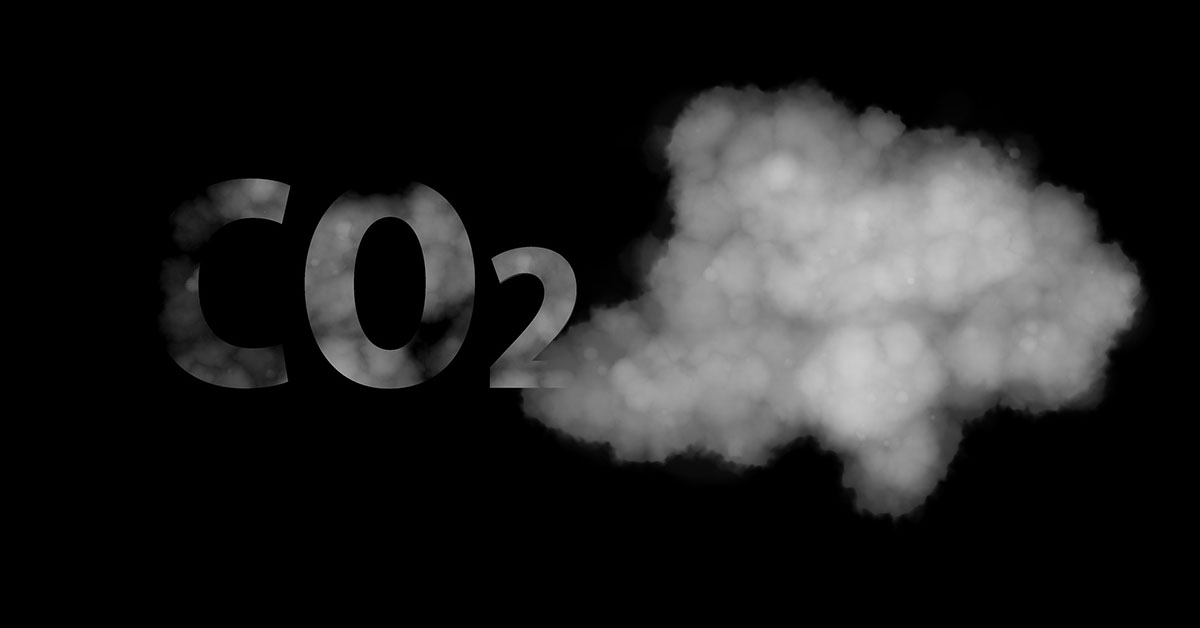Climate change is an urgent concern that can affect human life in various ways including rising sea levels, hotter temperatures and destructive, severe weather. While the number of extreme climate events continues to rise, skepticism over the issue is also growing. Our parent company, EDF Group, recently published a climate change study based upon opinion responses from people in 30 different countries across five continents. In this blog, we’re reviewing this surprising new data and explaining how our Combined Heat and Power (CHP) and microgrid solutions can help lower your carbon footprint while saving you money.
The Findings
EDF’s study responses fall into four separate categories:
1) Climate Skepticism
While it was previously expected that the global population would be increasingly convinced of human-led climate change, skepticism is actually growing. While two-thirds of the population is still convinced of this reality, 31% of people in 2019, 32% in 2020 and 34% in 2021 expressed climate doubt (either its existence or its cause). Nevertheless, 77% of global respondents believe that they are already seeing some effects of climate change in their region and 72% are concerned about the issue.
2) Prioritization of Concerns
Climate action is lagging behind at the governmental level because of the prioritization of other issues. Concerns associated with everyday life are at the forefront of everyone’s minds, including the increasing cost of living, COVID-19, poverty and healthcare. The environment ranks 5th in front of unemployment and crime.
3) Climate Action Effectiveness
Most study respondents (69%) believe that solving climate change is a responsibility for governments. Despite this, only slightly more than half of respondents support banning the sale of new cars running on gasoline over the next 15 years (58%) while about half (52%) support a carbon tax. Additionally, there is a distinct lack of effectiveness for climate actions taken on the individual level—while two-thirds of people say they carry out two positive actions each day (e.g. sorting waste, purchasing only seasonal fruits and vegetables, reducing packaging), the actions they take are not the most effective in combating climate change.
4) Fuel Sources
In general, respondents around the world support the idea of replacing fossil fuels with renewable sources—with a consensus of 70%–90% depending on the technology. On the other end of the spectrum, nuclear and gas are both given 39% approval ratings while coal only maintains 25% support.
Dalkia Aegis Can Help
This EDF study demonstrates how the perception of climate change is evolving, while also showing the challenge of prioritizing climate action against other important issues. Most of the respondents in the study claim to know how to fight climate change, but the necessary actions that need to be implemented to efficiently fight carbon emissions are not always identified. We know that businesses are in a unique position to lead the charge in mitigating the effects of climate change and we can help with our CHP and microgrid solutions.
Traditional power plants allow 67% of the generated electricity to escape as thermal energy, meaning they’re only 33% efficient on average. In contrast, our CHP systems provide an operational efficiency of 85% by optimizing natural gas input to produce heat as well as electricity. By generating the electricity onsite, the thermal energy can be used to heat other systems while minimizing waste. To add to this, the efficiency can be heightened through localized power grids, known as microgrids. Microgrids can intelligently integrate renewable energy sources to use them when they are available, making your carbon footprint as eco-friendly as possible.
Incorporating these technologies will aid tremendously in reducing carbon emissions and pushing back in the fight against climate change. If you are interested in learning more about our CHP systems or our microgrid solutions, please reach out today.

 A Perception of Climate Change Study From EDF Group" />
A Perception of Climate Change Study From EDF Group" /> 